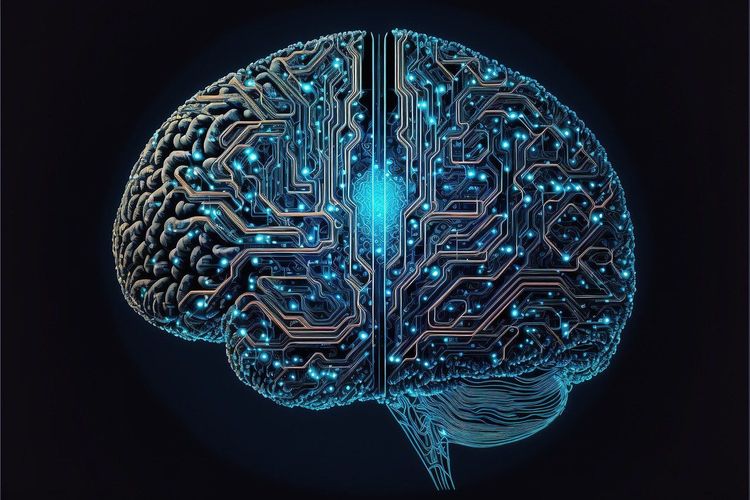The Rise of AI PCs: A Revolution in Computing
With the rapid advancement of artificial intelligence (AI), numerous manufacturers are unveiling AI-powered personal computers (AI PCs). Experts predict that this merger will create unrivaled smart experiences and significantly boost productivity. However, this transition comes with notable technical and market challenges. Observers are keen to see if AI's integration into personal computers will expedite its adoption in everyday homes.
Major Players Enter the AI PC Market
In May, Microsoft launched the Copilot + PC, a personal computer built specifically for AI applications. Serving as a cross-platform assistant, Copilot is central to Microsoft's broader AI strategy and aims to redefine user interaction with computers. Leading PC manufacturers like Lenovo, Dell, HP, and Samsung have already collaborated with Microsoft. Following this, Google introduced new AI features in its premium Chromebook Plus line. Meanwhile, Apple debuted the M3-equipped MacBook Air series, showcasing its AI capabilities. In China, Lenovo presented its AI PC series, featuring a built-in assistant named "Lenovo Xiaotian." Other brands, including Xiaomi and Huawei, are also venturing into AI-enhanced PCs.
The Six Key Applications of AI PCs
Gao Yu, General Manager of Intel China’s Technology Division, identified six essential applications for AI PCs: chatbots for professional Q&A, localized knowledge bases for sharing information, personal assistants for daily task management, office assistants for document processing, multimedia tools for handling videos and images, and improved remote management and security features. These applications have the potential to cut costs and enhance efficiency for businesses.
Is AI PC Truly a Game Changer?
AI PC definitions vary across manufacturers of PCs, chips, and operating systems, yet there’s a common desire for computers adept at handling AI tasks. Microsoft stipulates that AI PCs must include hardware with robust neural network processing capabilities, such as neural processing units (NPUs), along with substantial random access memory. Beyond these hardware needs, AI PCs should also have effective system optimization and software support. Gao Yu called AI PCs the "third revolution" in personal computing, emphasizing their role in elevating user experiences and productivity through AI integration.
Pan Chunqi, Chairman and CEO of Zhitong International Information Technology Co., Ltd., stated, “AI PCs represent a new personal computing platform and a significant product transformation. They transition from being a simple combination of application software, foundational software, and PC hardware to an intelligent assistant, PC hardware, and multi-device ecosystem.”
Balancing Power and Privacy
AI systems often process large amounts of user data, including sensitive personal and business information. Pan Chunqi highlighted that a key difference between AI PCs and traditional PCs is their local AI computation capabilities, allowing users to perform tasks seamlessly in offline environments, thus protecting their data privacy and security. This ability to compute AI locally stands as a major advantage of AI PCs over traditional systems paired with cloud AI.
Liu Huifeng, Chief Technology Officer of SoftCom Power Group, noted that, in addition to their contextual features, local processing is a core trait of AI PCs, fostering real-time interactions while ensuring privacy.
Security Challenges and Adoption Hurdles
Despite the exciting opportunities presented by AI PCs, they face inherent security challenges. Microsoft recently postponed the launch of the Recall AI feature for Copilot + PC due to concerns over potential hacker vulnerabilities, raising user apprehensions about data breaches.
Additionally, experts like Xue Zhihui from the China Cyberspace Security Association raised concerns about biases in AI decision-making stemming from uneven training data across different regions, which could render AI recommendations inappropriate for various users.
Understanding the evolving needs of consumers poses another challenge to AI PC adoption. A survey indicated that the usage of generative AI tools, like ChatGPT, remains low, with only a small percentage of users engaging with such technology daily in countries like Japan, France, the UK, and the US.
The high costs associated with these new AI PCs, driven by the integration of advanced chips and software, further complicate their widespread acceptance. While the promise of AI-integrated personal computers is compelling, they may require time before reaching the average consumer.





